The Magic Flute
Wolfgang Amadeus Mozart
Opera in two acts
Libretto: Emanuel Schikaneder
World premiere: 30 September 1791, Vienna
Premiere of this production: 25 November 2012, Berlin
Production: Komische Oper, Berlin
In the original German with Polish surtitles
The Queen of the Night aria has departed the Solar System a long time ago and is travelling further in space alongside a few other musical gems in search for intelligent life. Those charged with selecting the tracks for the Voyager Golden Record faced a huge responsibility: if, indeed, there is an alien civilisation somewhere in the Universe that could potentially be hostile to the human race, it was best to introduce ourselves with ‘music [that] hath charms to soothe a savage breast’. And there is not a living soul on Earth who would not agree that these few minutes of coloratura fireworks are worth saving the human kind for. In the internationally popular Komische Oper’s production of Mozart’s The Magic Flute which we have been lucky enough to have in Warsaw for a few seasons now, the aria is performed by a giant lady spider dancing over a wriggling Tamino. The staging is the work of Barrie Kosky and the ‘1927’ duo made of performance art, theatre and film wizards who first conquered the Edinburgh Fringe and then ‘brought down the system’ at a few respected opera houses around the world. This dazzlingly hallucinatory show featuring actors playing in a live animation is a tribute to silent film. The director calls it ‘a silent movie by Wolfgang Amadeus Mozart’ inspired – one might add – by 18th-century chalcography, Yellow Submarine, Monty Python’s Flying Circus, and superhero comics, to name just a few obvious references. It is an amazing show, an operatic joyride.
If the Wachowski brothers (gender currently misleading: they have become the Wachowski sisters) ever undertook to stage an opera in their signature, high-budget Matrix style, they could take The Magic Flute from Berlin’s Komische Oper as an example. The story takes place in the Realm of the Night and who knows, perhaps that is the reason why a recording of this piece was launched into the cosmic void aboard the Voyager, to meet our space brothers (or sisters)? The Magic Flute brings both spectacular successes and failures to directors. Following the Vienna world premiere (1791), Count Zinzendorf, a chronicler of cultural life of the time, noted: 'Music and set décor are nice, the rest is a farce'. The Berlin production, in turn, has become a gigantic success. The spectacular setting straight from virtual reality does not overwhelm the piece at all, and the special effects were created for the specific purpose of delighting the audience. The credit goes to the production team’s impeccable sense of humour, while the idea of referencing silent cinema in opera breaks the bank! The Queen of the Night’s aria is particularly memorable, becoming etched in one’s mind like one’s social security number.
-
Time is measured by
-
 <iframe width="186" height="186" border="0" src="http://test.horsefield.pl/hf/zegar/" allowfullscreen frameborder="0"></iframe><script> window.onload = function() { scaleClock(); }; window.onresize = function() { scaleClock(); }; scaleClock = function() { parentWidth = $('#arclockDiv').width(); scale = (parentWidth) / $('#arclock').width(); new_width = $('#arclock').width() * scale; $('#arclock').css('transform', ' scale(' + scale + ')'); $('#arclock').css('left', 'calc(186px * ' + (scale - 1) / 2 + ')'); $('#arclock').css('top', 'calc(186px * ' + (scale - 1) / 2 + ')'); } </script>
<iframe width="186" height="186" border="0" src="http://test.horsefield.pl/hf/zegar/" allowfullscreen frameborder="0"></iframe><script> window.onload = function() { scaleClock(); }; window.onresize = function() { scaleClock(); }; scaleClock = function() { parentWidth = $('#arclockDiv').width(); scale = (parentWidth) / $('#arclock').width(); new_width = $('#arclock').width() * scale; $('#arclock').css('transform', ' scale(' + scale + ')'); $('#arclock').css('left', 'calc(186px * ' + (scale - 1) / 2 + ')'); $('#arclock').css('top', 'calc(186px * ' + (scale - 1) / 2 + ')'); } </script>
Cast
Credits
Chorus and Orchestra of the Polish National Opera
Władysław Skoraczewski Artos Boys’ Choir (in the roles of Boys/Knaben)
Extras
Synopsis
Sponsors
-
Więcej wydarzeń ze świata muzyki klasycznej w aplikacji ONSTAGE
-
Partnerzy Akademii Operowej
-
Partnerzy Teatru Wielkiego - Opery Narodowej
-
Partner technologiczny
-
Patroni medialni
-
Check out more classical music events through the Onstage app.
-
Partners of the Opera Academy
-
Partners of Teatr Wielki – Polish National Opera
-
Technological partner
-
Media patrons





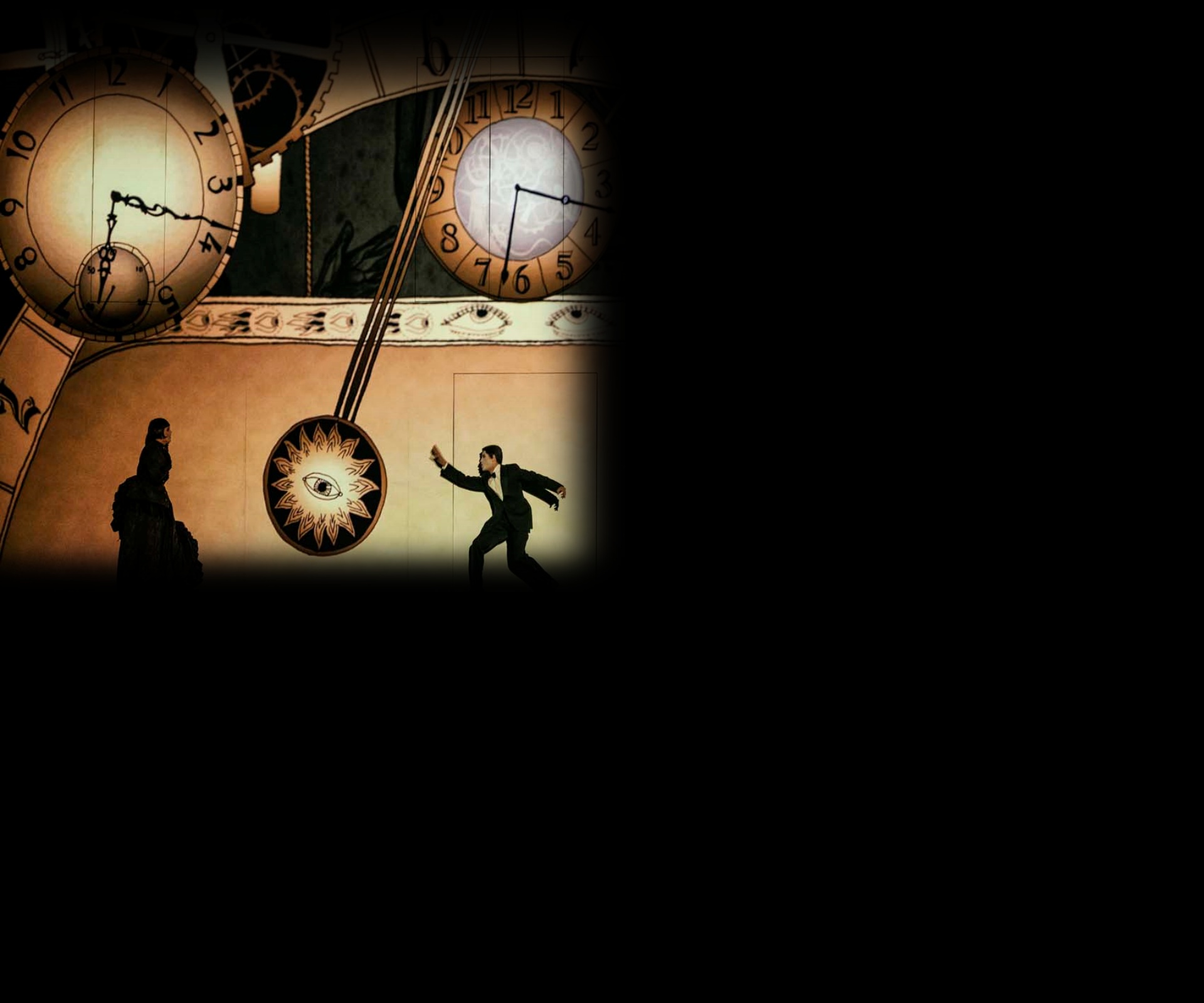


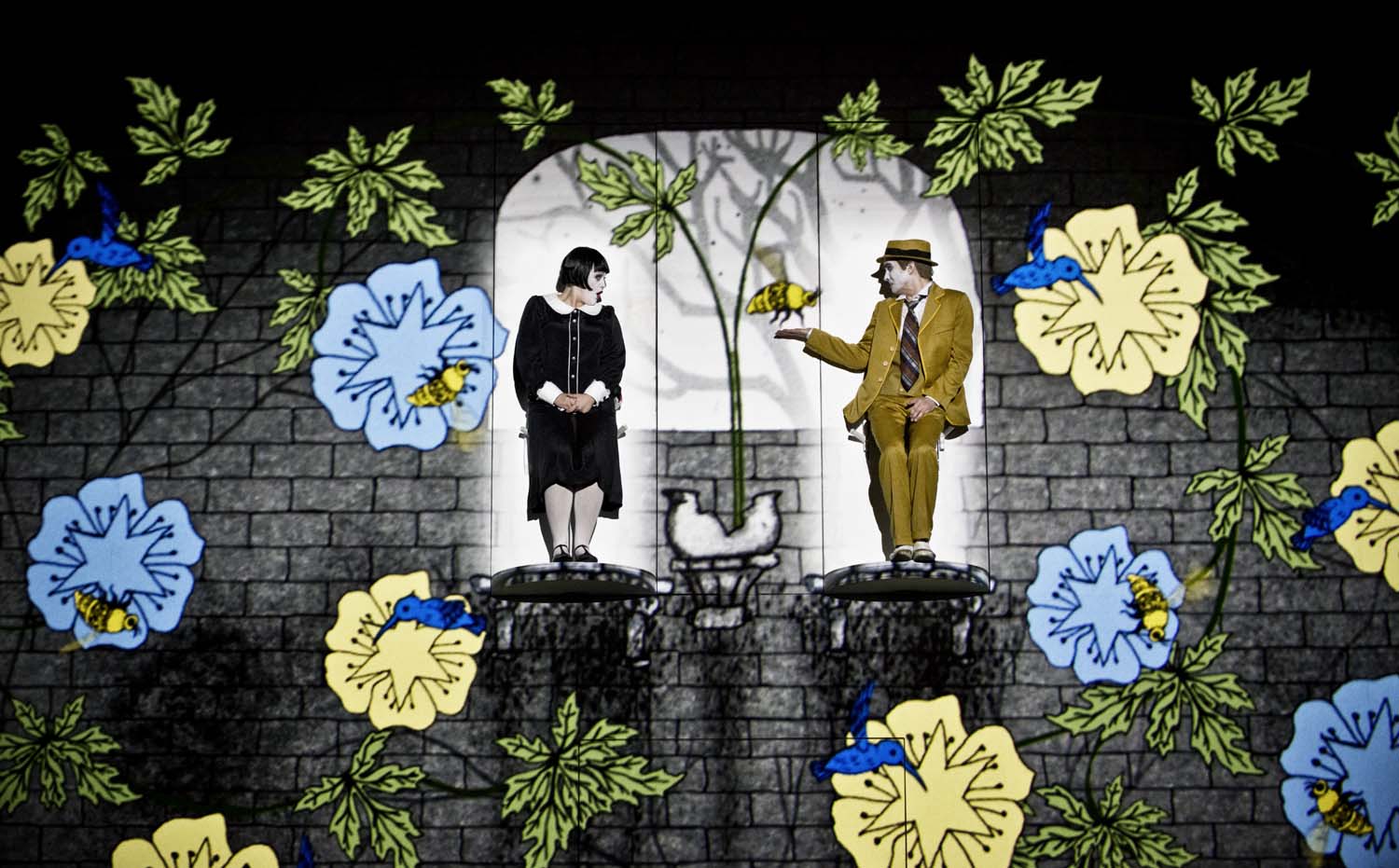
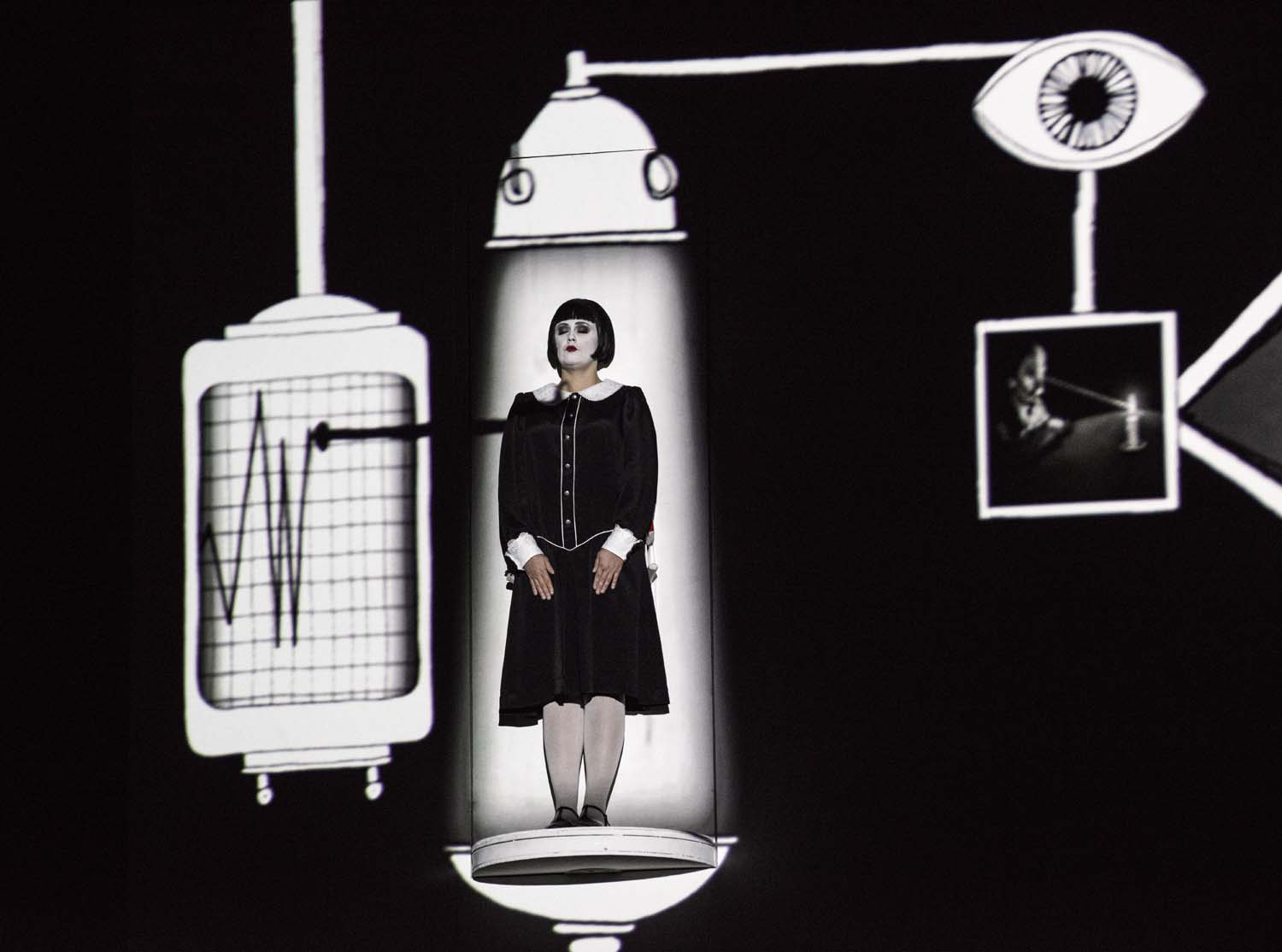

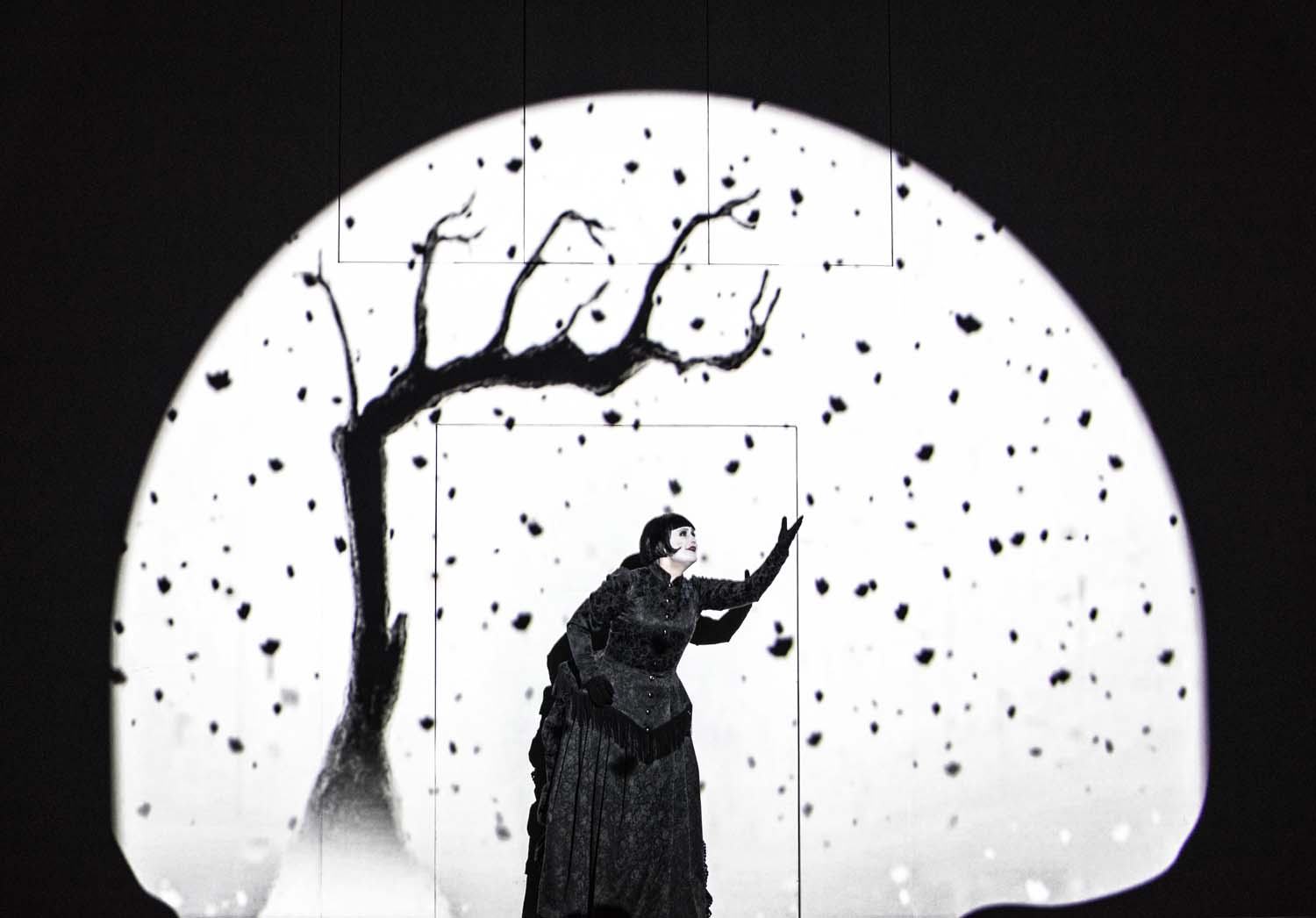
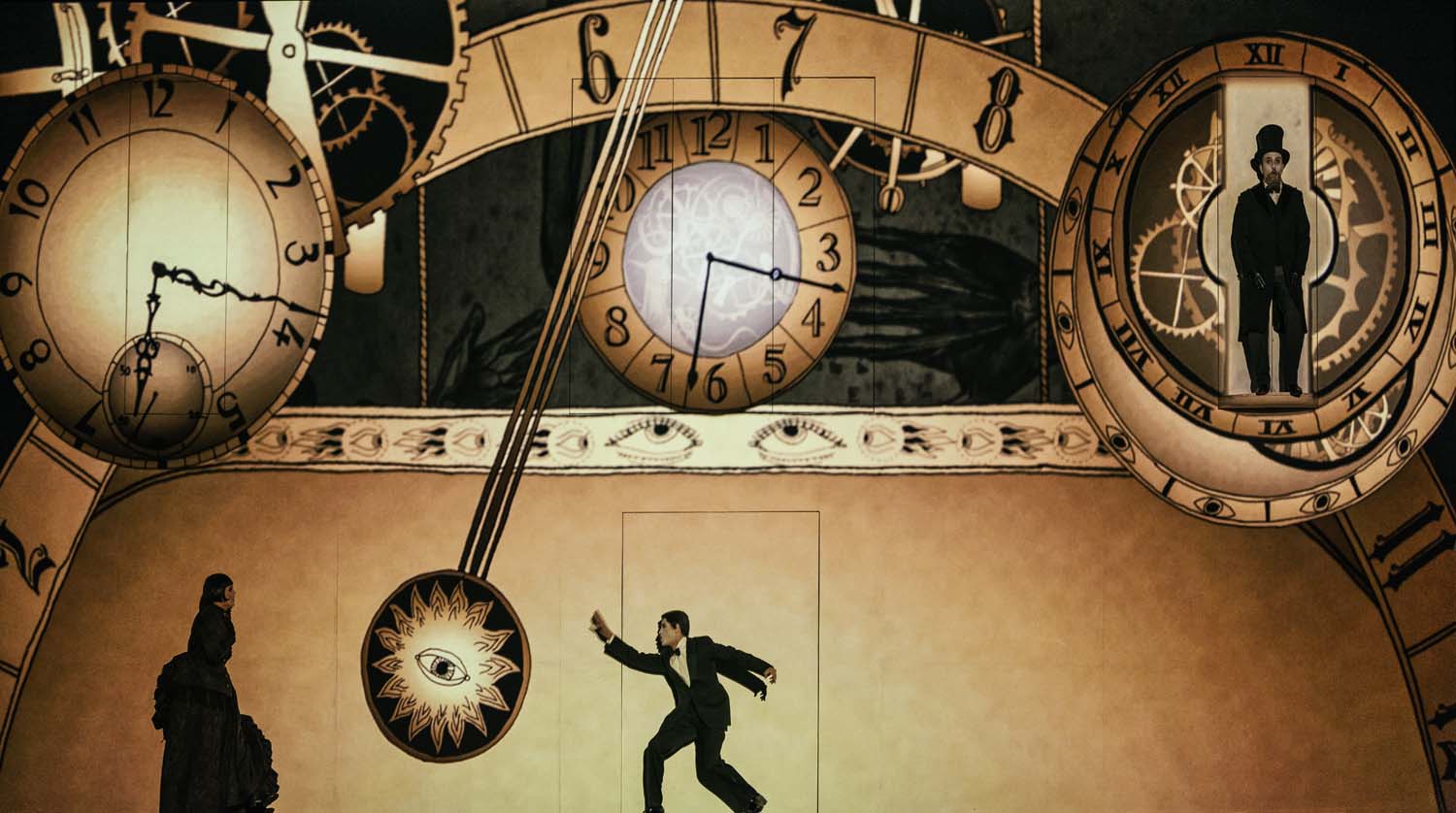
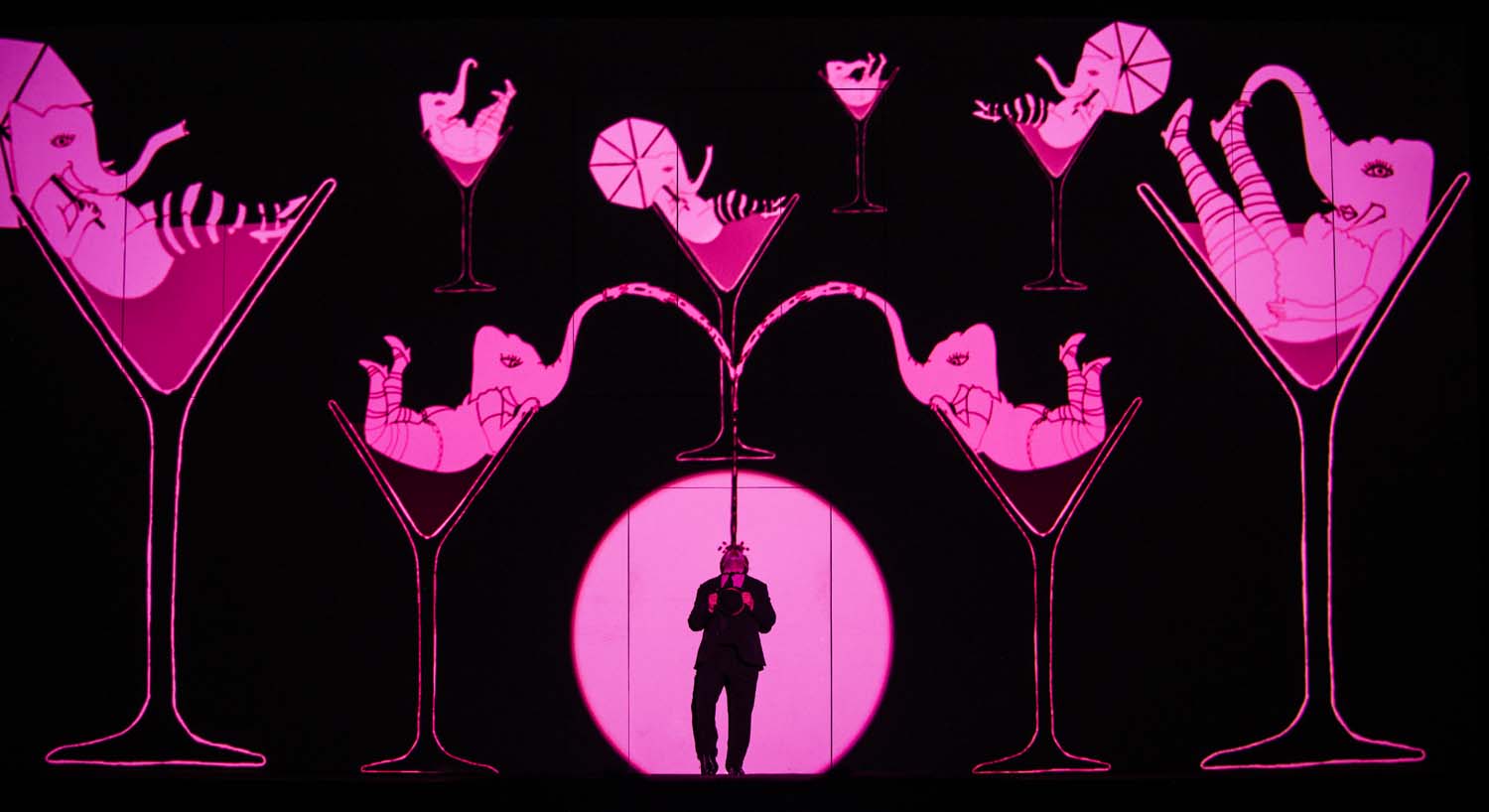

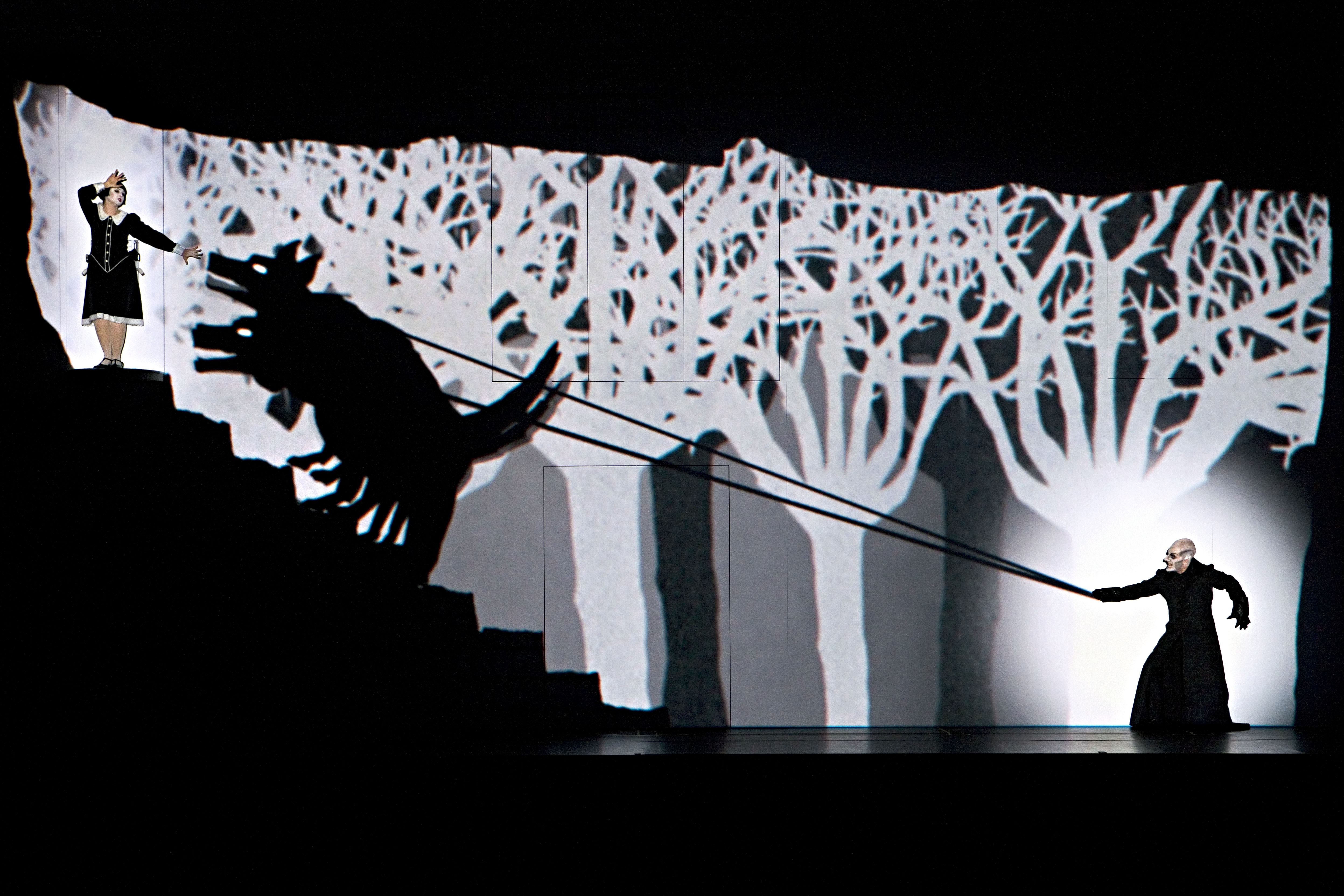
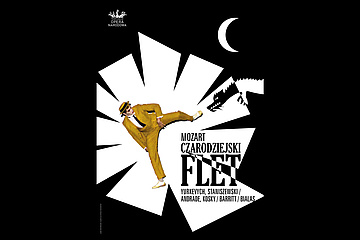
 Sonia Warzyńska-Dettlaff
Sonia Warzyńska-Dettlaff 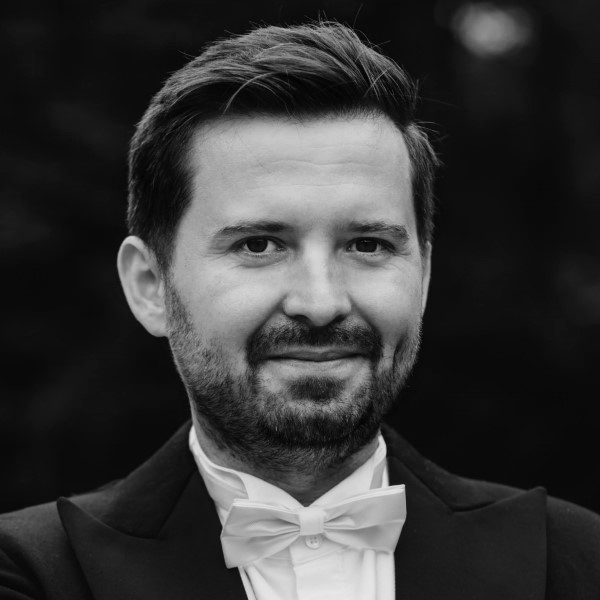 Emil Ławecki
Emil Ławecki  Łukasz Konieczny
Łukasz Konieczny ![[Translate to English:]](/fileadmin/import/media/img/ludzie/spiewacy/Kamil_Zdebel_24_-_kwadrat.jpg) Kamil Zdebel
Kamil Zdebel  Aleksandra Orłowska
Aleksandra Orłowska  Mateusz Stachura
Mateusz Stachura 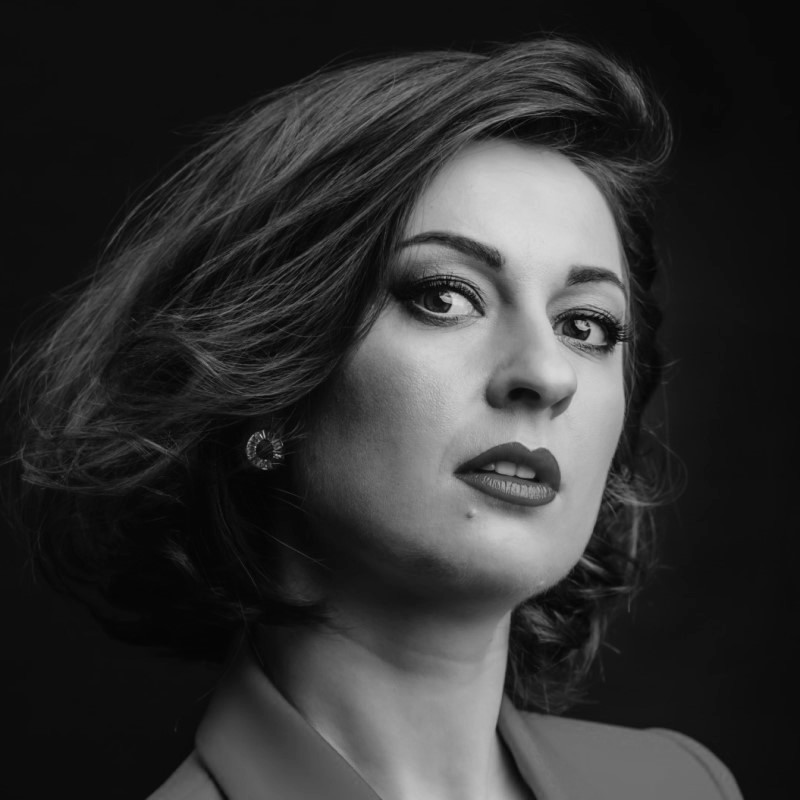 Magdalena Stefaniak
Magdalena Stefaniak  Magdalena Idzik
Magdalena Idzik  Piotr Maciejowski
Piotr Maciejowski 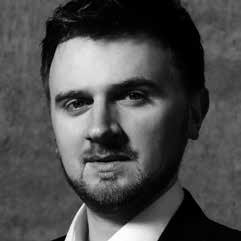 Paweł Kołodziej
Paweł Kołodziej  Elżbieta Wróblewska
Elżbieta Wróblewska  Aleksandra Olczyk
Aleksandra Olczyk 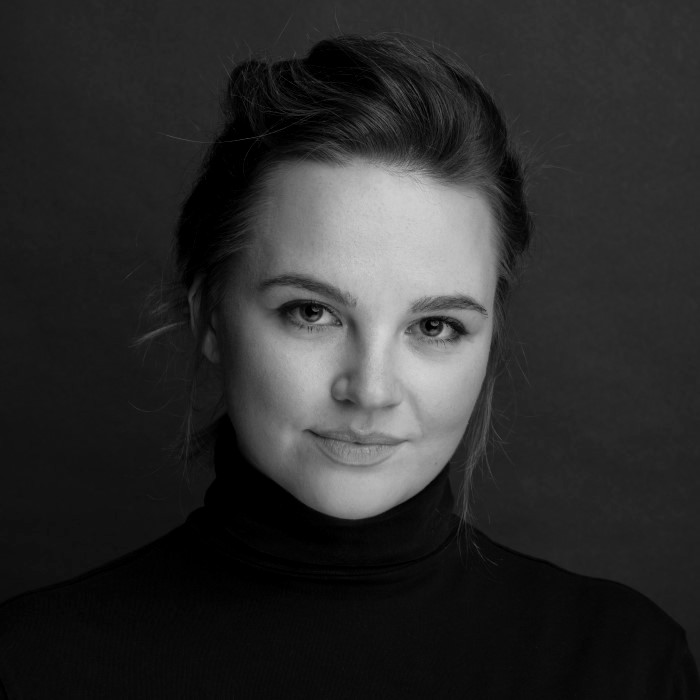 Gabriela Legun
Gabriela Legun  Zbigniew Malak
Zbigniew Malak  Tomasz Raff
Tomasz Raff  Łukasz Rosiak
Łukasz Rosiak ![[Translate to English:]](/fileadmin/media/img/ludzie/spiewacy/Lukasz_Klimczak_2024_-_kwadrat.JPG) Łukasz Klimczak
Łukasz Klimczak  Katarzyna Belkius
Katarzyna Belkius  Magdalena Pluta
Magdalena Pluta ![[Translate to English:] Zuzanna Nalewajek](/fileadmin/_processed_/b/f/csm_Zuzanna_Nalewajek_mini_fot._L._Dyczko_2bc267f7f2.jpeg) Zuzanna Nalewajek
Zuzanna Nalewajek  Anna Simińska
Anna Simińska  Piotr Staniszewski
Piotr Staniszewski 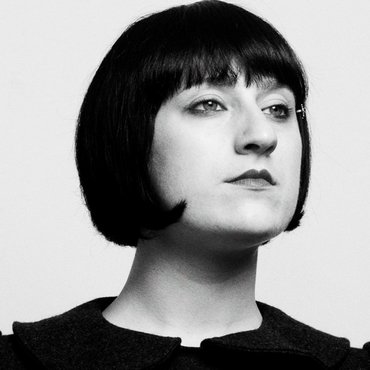 Suzanne Andrade
Suzanne Andrade  Barrie Kosky
Barrie Kosky 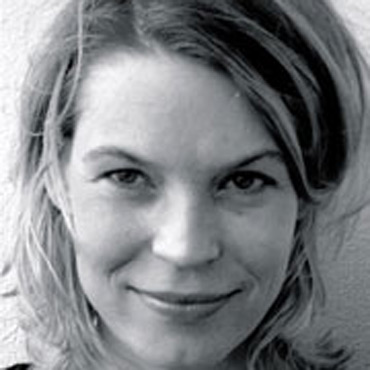 Esther Bialas
Esther Bialas 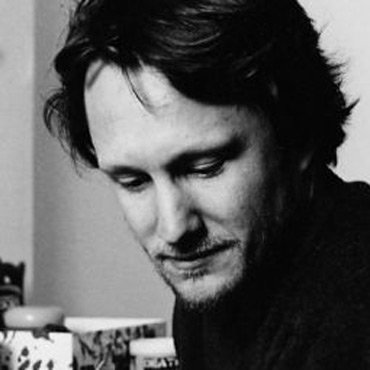 Paul Barritt
Paul Barritt 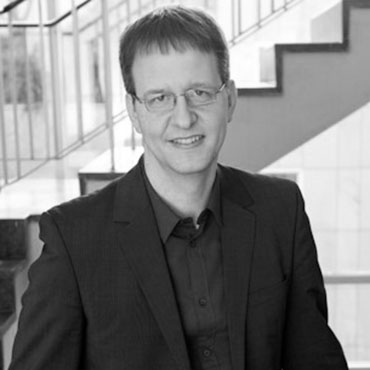 Ulrich Lenz
Ulrich Lenz  Diego Leetz
Diego Leetz 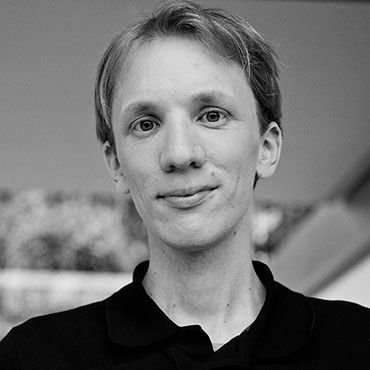 Tobias Ribitzki
Tobias Ribitzki  Mirosław Janowski
Mirosław Janowski  Danuta Chmurska
Danuta Chmurska 




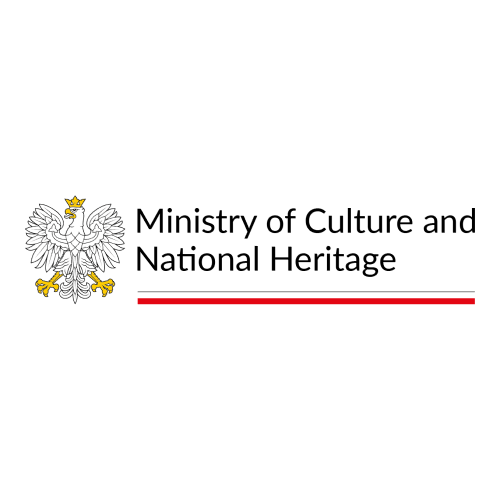

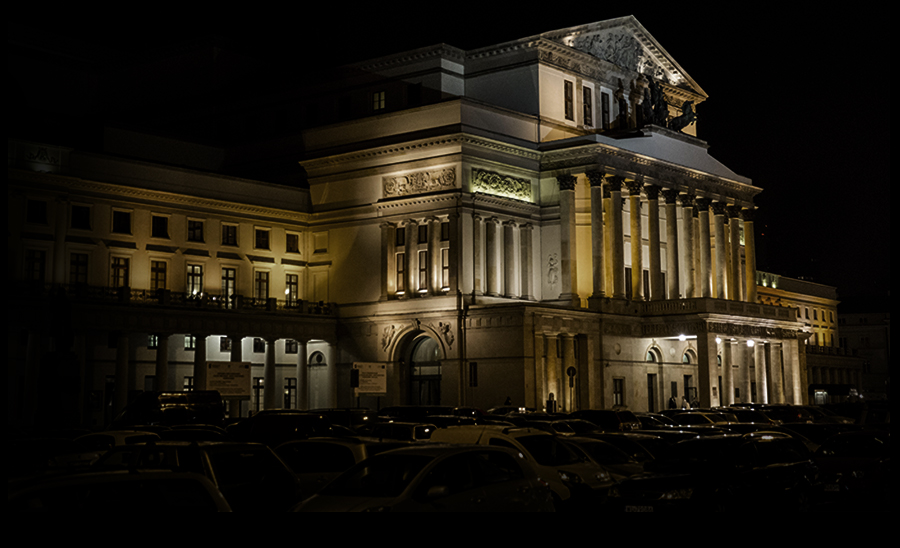 ''
''